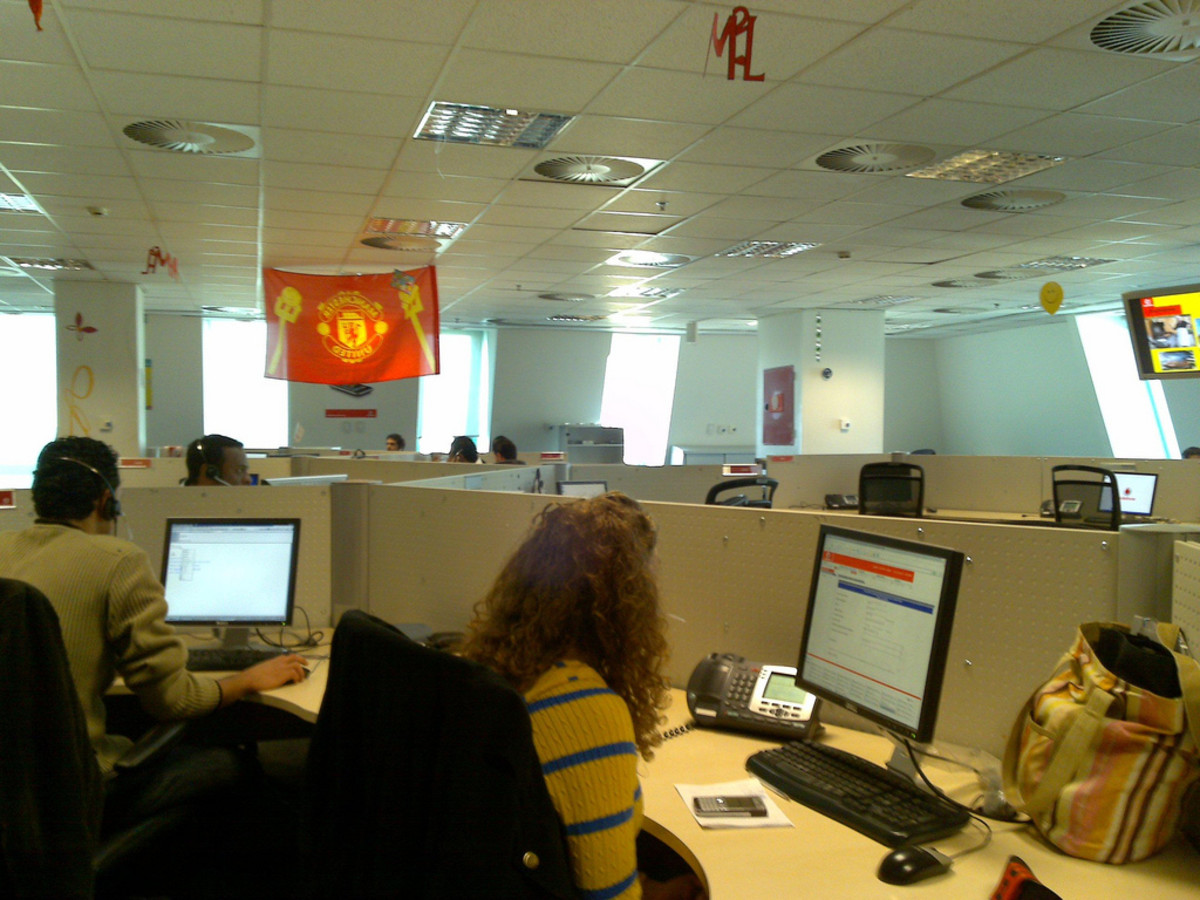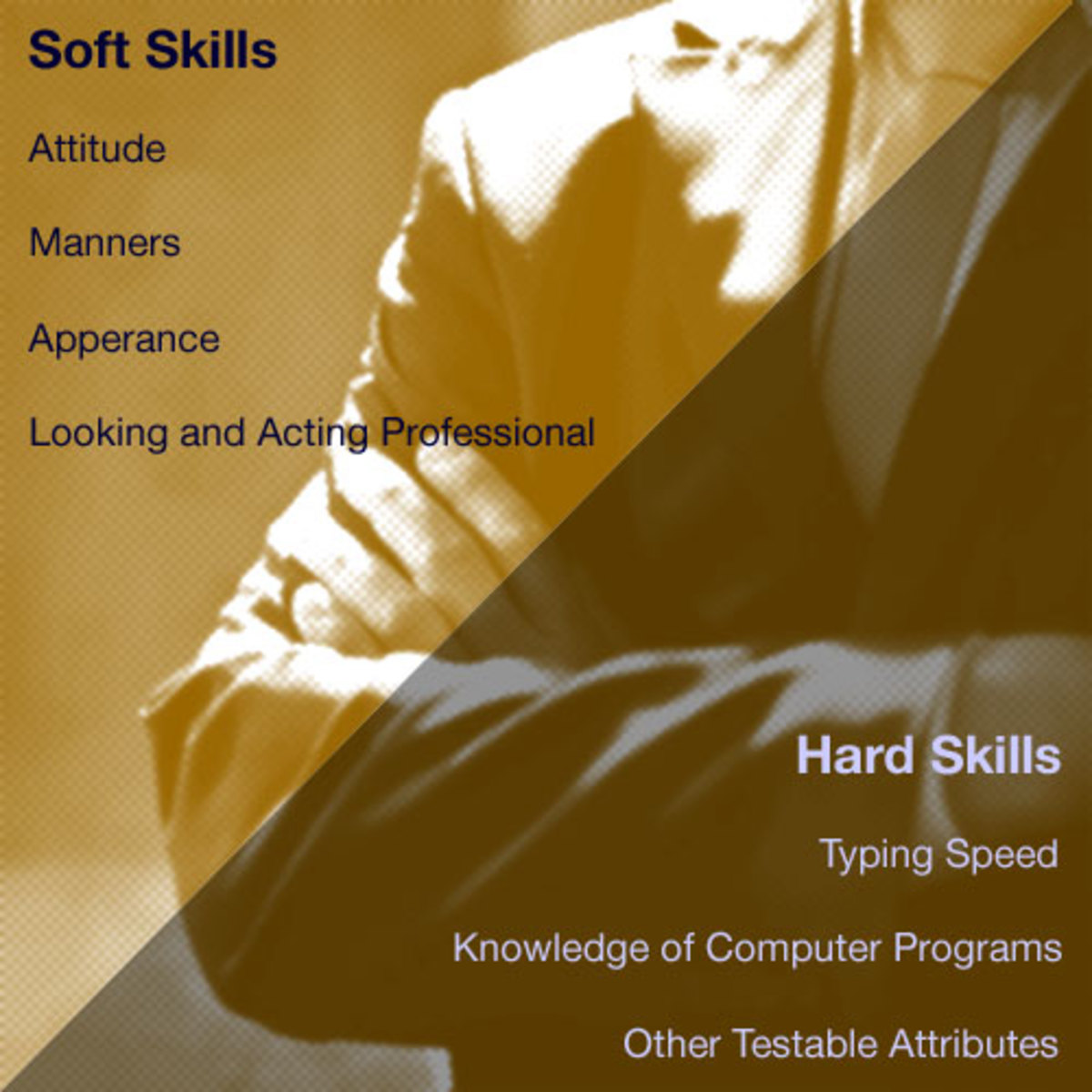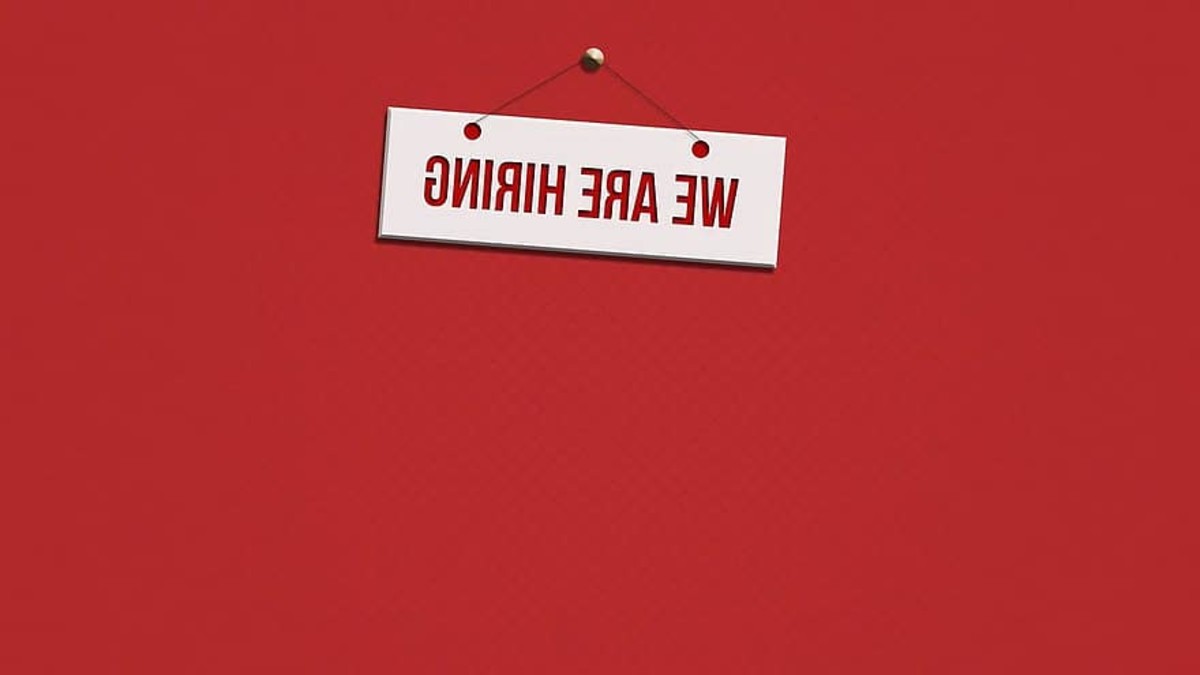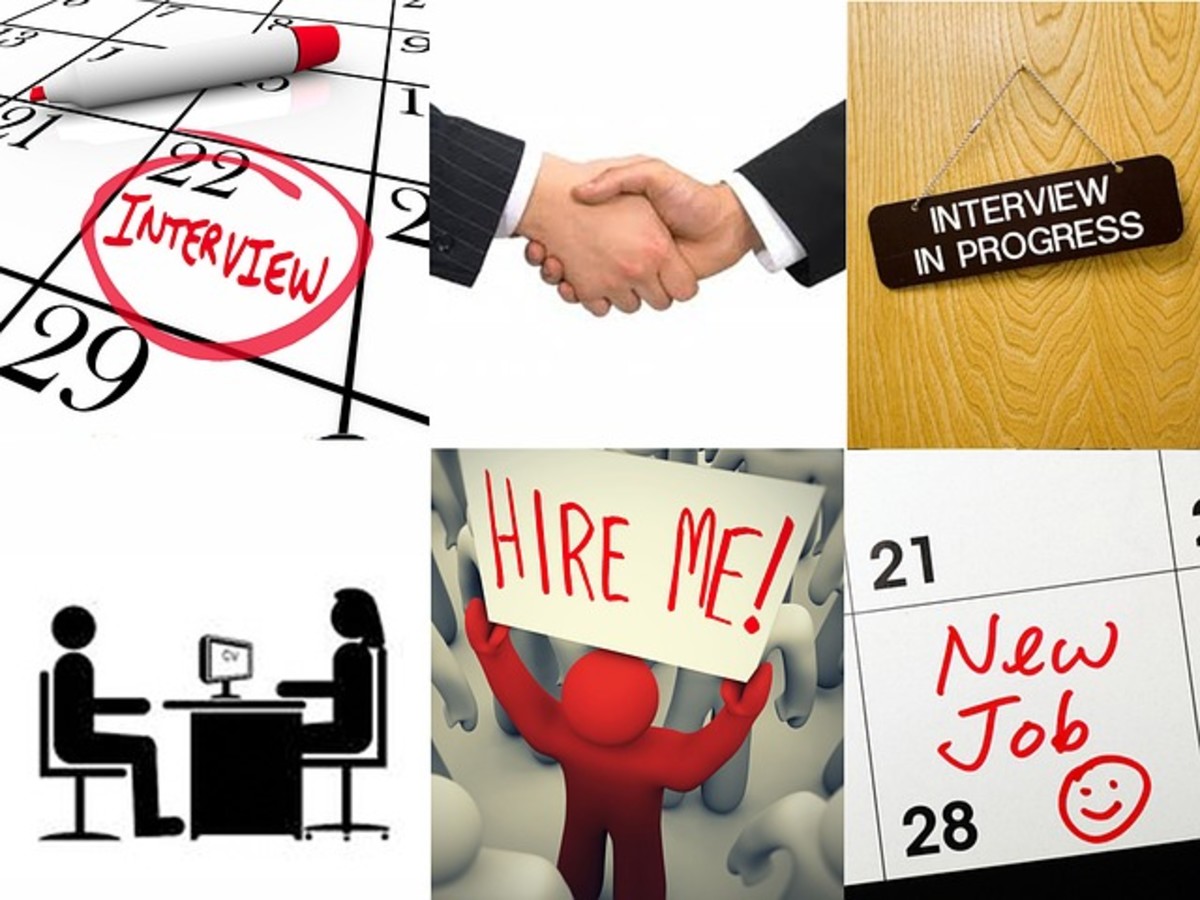- HubPages»
- Business and Employment»
- Employment & Jobs»
- Interviewing for a Job
How to Answer Tough Job Interview Questions

The Risks of Over-Preparing
Preparing for a tough job interview is great and there are many job interview tips that you can go through and increase your chances of success.
There is a risk, however, of being over-prepared for particular job interview scenarios. Imagine rehearsing your answers for a set of common and difficult job interview questions. What happens if the interviewer asks you something completely different? You could possibly freeze up and miss the chance to come up with an impressive answer and to get that job.
You should be ready to improvise. Being prepared is essential - you have to know all of your facts. At the same time, you should be capable of letting your personality shine through. Sounding overly-rehearsed and robotic is going to make a bad first impression. This is why you should have some idea about the toughest job interview questions but you should still leave some room for creativity during the first meetings with your potential employer.
Let us face it – a job interview is a really stressful experience. We all fear failure, especially when our professional future is at stake. Some of the job interview questions will send shivers down the spine of even the most experienced professional.
Job interviews can turn into nightmares if the interviewer selects a set of tough questions. Answering those can be a truly embarrassing experience or something simple, depending on how prepared you are.
Do your homework to turn the disaster interview into a success.
The toughest questions
Various websites have made ranking concerning the toughest job interview questions but most of them agree that these five should be placed in the lead:
1. Tell us more about yourself.
2. Why did you leave your previous job?
3. What do you know about our company?
4. What are your weaknesses?
5. What payment do you expect?
What makes these questions difficult is the fact that they aim to either exhibit negative traits or to test the preparedness of the candidate. This is why doing a bit of preliminary thinking about the toughest job interview questions and coming with a ready answer can be really helpful.
To answer properly these tough questions use some of the following strategies.
Do your homework
Never underestimate a job interview. Study a list of possible questions in advance. If possible, ask a friend to assist you. Stage an interview and rehearse your performance. Your confidence will go up if you feel prepared.
Try to work on several scenarios. Employment websites usually offer long lists of possible interview questions. Study these, focus especially on the questions that make you feel uncomfortable.
Facial expression and body language should also be used properly and carefully. Look the interviewer straight in the eyes, do not crack your knuckles or bite your lips.
Be honest
Even if you feel uncomfortable with the topic, you need to answer all questions during a job interview honestly.
Most people are incapable of producing a lie convincingly. One little gesture or another will give you away. Refrain from risking and answer questions candidly.
You will probably feel uneasy answering a question about your weaknesses. State some traits that hold no relevance to your professional life or try to focus on characteristics that could be perceived as positive. Perfectionism is one such trait.
Give specific and short answers
Many times, when interviewees feel embarrassed, they start meandering and delivering long, meaningless lectures to avoid the question.
If your answer has to be brief – keep it brief. It will be better to answer concisely and specifically than to talk for thirty minutes without saying anything of significance.
Avoid ‘yes’ and ‘no’ answers. When you state your opinion use several sentences to support and explain what you mean.
* Listen and take your time *
Remember that you do not have to answer a question immediately. Listen carefully and take your time to understand the question and to think about the best way to answer it.
Several moments of awkward silence are much better than the immediate blurting of something inappropriate.








